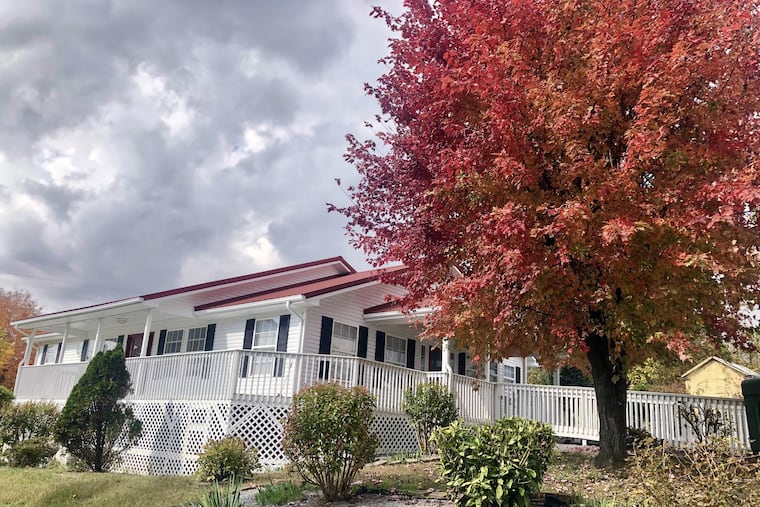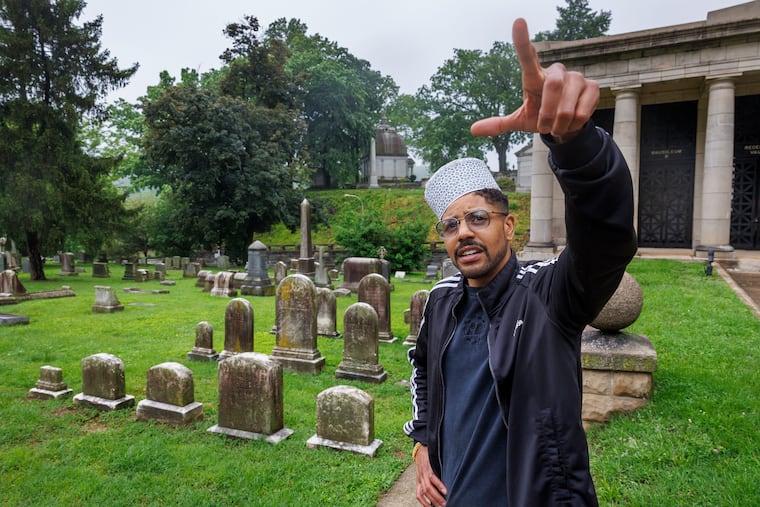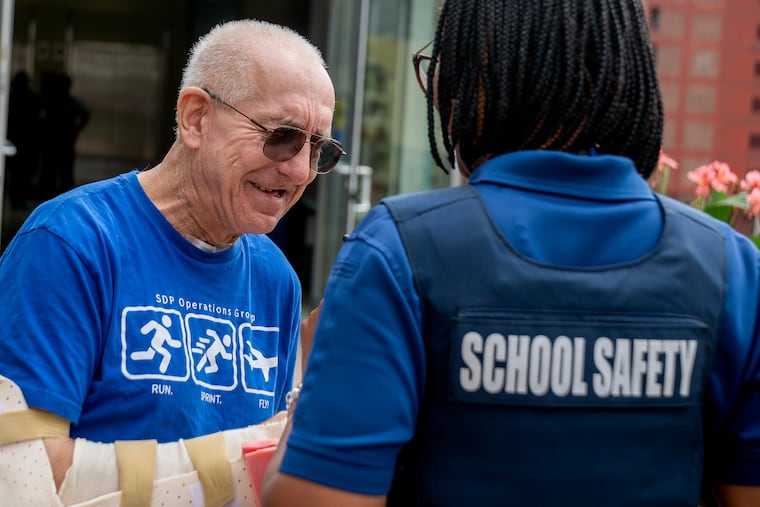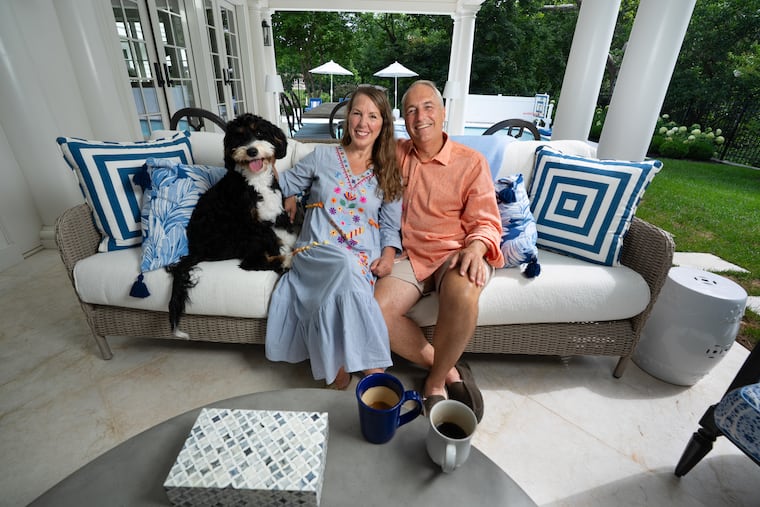Demon Copperhead author creates support initiatives to empower women in Appalachia to overcome addiction.
In a significant initiative addressing the opioid crisis prevalent in central Appalachia, Higher Ground Women’s Recovery Residence has opened its doors in Pennington Gap, Virginia. The facility, which celebrated its founding in June, provides a supportive environment for women seeking recovery from addiction. This establishment emerged from a vision brought to life by author Barbara Kingsolver, who funded it through royalties from her acclaimed novel, “Demon Copperhead.” This literary work reflects the struggles faced by the region due to the devastating opioid epidemic.
The home serves as a critical resource for women transitioning from jail, prison, or treatment centers, offering a variety of services designed to facilitate their reintegration into society. With one- and two-person bedrooms, communal areas, and access to a supportive community, residents are encouraged to find stability and regain a sense of belonging. The facility has been recognized as a vital step towards addressing the challenges of addiction in an area heavily impacted by opioid misuse.
During the founding celebrations, Kingsolver encouraged residents to share their experiences, revealing a powerful camaraderie among the women. Many residents, including Ronda Morgan, have expressed gratitude for the support they receive from housemates and staff alike. Morgan highlighted her readiness for recovery, emphasizing the importance of a stable home environment in her healing process. Other residents, such as Syara Parsell, noted the transformative impact of the facility on their personal growth, including assistance with employment and education.
While traditional treatment centers often rely on strict medical supervision, Higher Ground offers a more flexible and supportive framework conducive to personal development. Experts in addiction recovery emphasize the necessity of community involvement in the recovery process, recognizing the significance of returning to a stable social framework for individuals overcoming addiction.
Since its inception, Higher Ground has quickly gained recognition for its critical role in the community. By August, the facility had reached its capacity of seven residents, offering them a safe haven free from the stigmas often associated with recovery. The women are engaged in various activities, including volunteer work, crafting, and pursuing educational opportunities, all aimed at fostering a sense of independence and self-reliance.
The project has garnered extensive support from local organizations and the community as a whole. Donations have been vital in furnishing the residence and creating a welcoming environment for its inhabitants. With an estimated annual operating cost of 0,000, Higher Ground charges residents a nominal fee of a week, a strategy designed to encourage financial responsibility while minimizing financial burden.
As the opioid crisis continues to challenge many communities, the establishment of such recovery residences presents a model of hope, resilience, and the potential for meaningful change. Plans to expand this model to other regions hint at a growing commitment to addressing the ongoing addiction crisis in Appalachia. Kingsolver’s vision extends beyond providing recovery; it strives to restore belief in oneself, underscoring the profound impact of community support in the journey toward sobriety and self-empowerment.
Higher Ground Women’s Recovery Residence not only represents a pivotal step in tackling addiction but also serves as an inspiring example of collective action against a pressing social issue, reminding us of the transformative power of community and compassion.
Media News Source







